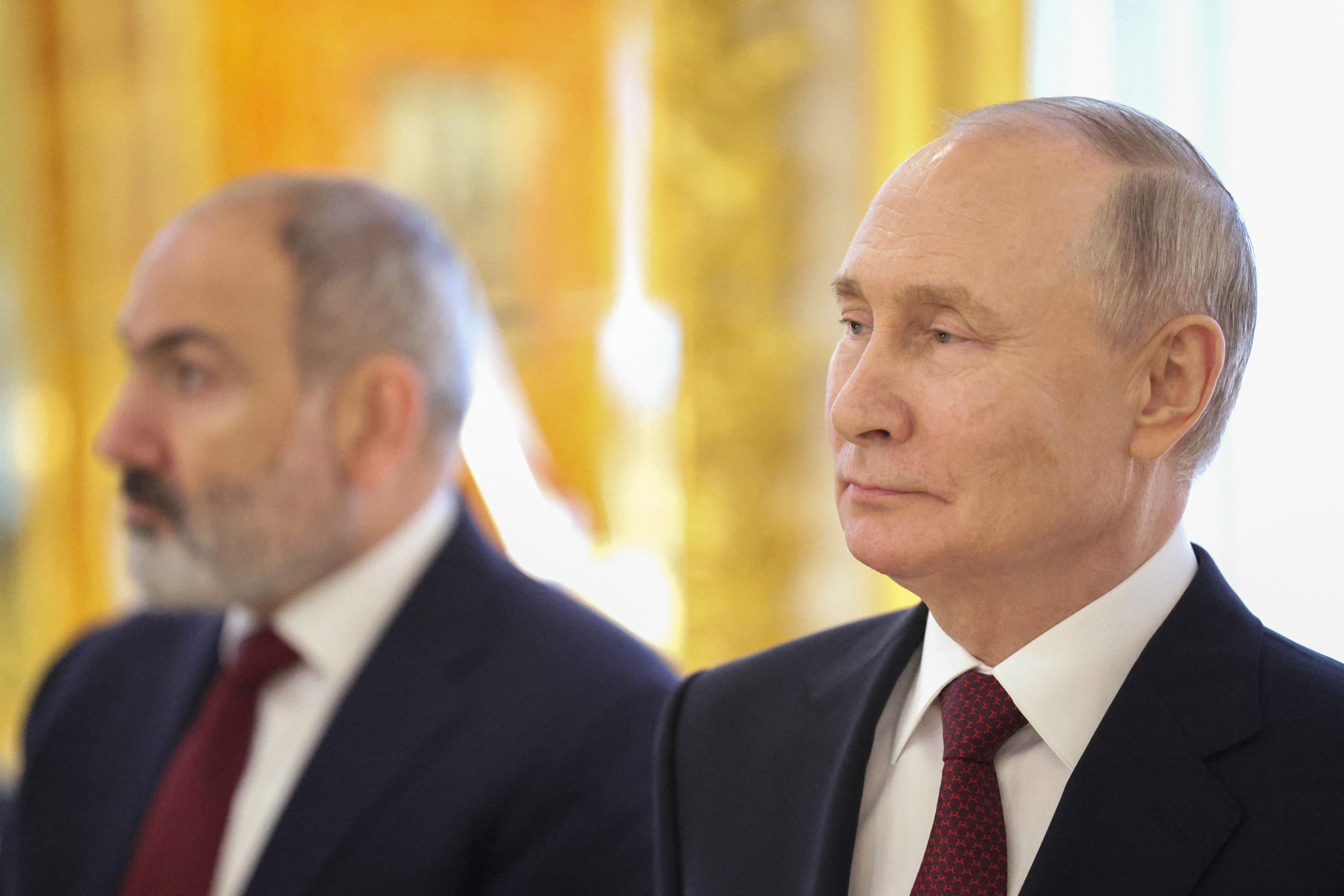According to reports from Russian media, most banks in Armenia are poised to cease accepting cards affiliated with the Russian Mir payment system, an alternative to Visa and Mastercard. This action follows Mir’s suspension of operations in Armenia due to the conflict in Ukraine.
A spokesperson from VTB, a major Russian state-owned bank, informed RBC, a Russian news outlet, that starting March 30, most Armenian banks, excluding VTB, would no longer accommodate Mir payment cards. These cards have been pivotal for Russia, especially after Western sanctions impeded access to global payment networks. Moreover, Mir faced additional setbacks when it became a target of U.S. sanctions in February.
The escalation of the Ukraine conflict in February 2022 led to the freezing of Russia’s foreign exchange reserves and its disconnection from the SWIFT banking system. Major card networks like Visa, Mastercard, and American Express also halted operations in Russia due to the war.
In response to Russia’s financial maneuvers, the United States announced sanctions on the National Payment Card System, which operates Mir. The U.S. Treasury Department emphasized that Russia’s promotion of Mir facilitated efforts to evade sanctions and rebuild ties to the international financial system.
Putin (Credits: Brookings Institution)
Throughout the conflict, Armenia’s relationship with Russia has been strained, prompting the country to seek distance from Moscow. Armenian Foreign Minister Ararat Mirzoyan revealed that Armenia is contemplating EU membership, highlighting discussions about new prospects within the country.
Armenian Prime Minister Nikol Pashinyan further expressed intentions to suspend Armenia’s involvement in the Collective Security Treaty Organization (CSTO), likened to NATO in the post-Soviet sphere. Pashinyan criticized the CSTO’s failure to meet Armenia’s needs, particularly in recent years.
This decision elicited a strong response from Margarita Simonyan, a Kremlin propagandist of Armenian descent, who warned of dire consequences for Armenia if Pashinyan remained in power, suggesting that Armenia might not endure another five years under his leadership.
